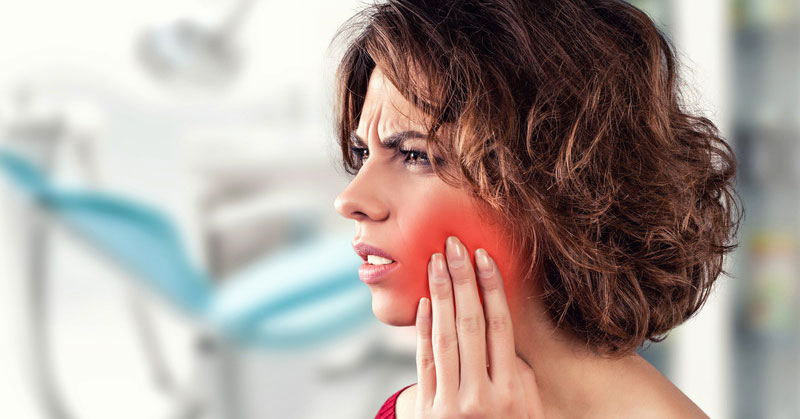If you suffer from sensitive teeth, you already know all too well how uncomfortable it can be. For people with sensitive teeth and gums, a cup of hot coffee or a scoop of ice cream can be enough to trigger a painful reaction. We’ve collected the following list of frequently asked questions to help you better understand why sensitivity happens and what you can do to lessen its effects.
Q: What causes tooth sensitivity?
A: Enamel is the protective outer layer of the tooth surface. When the enamel of a tooth is damaged, worn down or compromised in any way, the dentin underneath will be exposed and that will make the tooth sensitive. Worn enamel and receding gums are the two most common causes for sensitivity.
Q: What are some of the most common triggers for sensitivity?
A: Almost any hot or cold food can trigger sensitivity. Some people find that they are also sensitive to sweet foods like candy. So anything from a hot cup of tea to a piece of chocolate can trigger sensitivity. Many people find that ice cream – which is both sweet and cold – is especially painful to eat.
Q: Are there remedies for tooth sensitivity?
A: Most dental patients find that using a toothpaste designed for people with sensitive teeth is an effective way to reduce the discomfort associated with this condition. Because brushing too hard can cause and/or exacerbate the symptoms, it’s important to learn the proper way to brush your teeth. Don’t brush too hard or too often – brushing twice a day with a soft-bristled brush and flossing at least once a day should be enough to keep your teeth and gums healthy. Acidic foods can further erode enamel, so you should try to limit your consumption of highly acidic foods and drinks like citrus fruit, wine and coffee, for example.
If you suffer from tooth sensitivity, talk to your dentist. Although enamel does not grow back once it’s gone, there are ways to strengthen the enamel you have left on your teeth, and that could help to reduce your sensitivity. Use of fluoride is one good way to make enamel stronger, so your dentist may recommend that you use a fluoride toothpaste or may even suggest fluoride treatments that can be done in the dentist office.
Your dentist can also recommend the best type of toothbrush to use, as well as the most effective sensitivity toothpaste that can help to reduce the symptoms.

